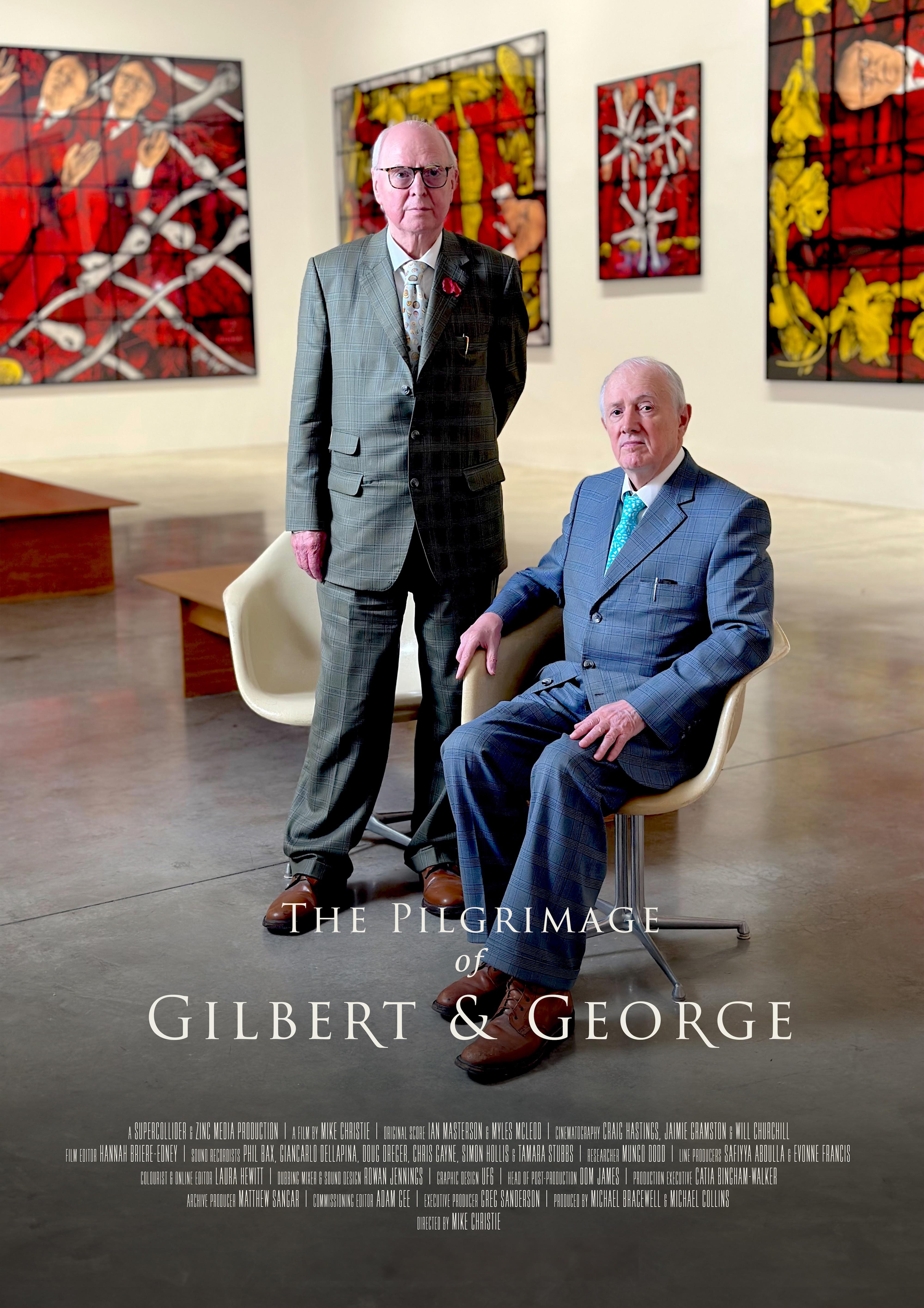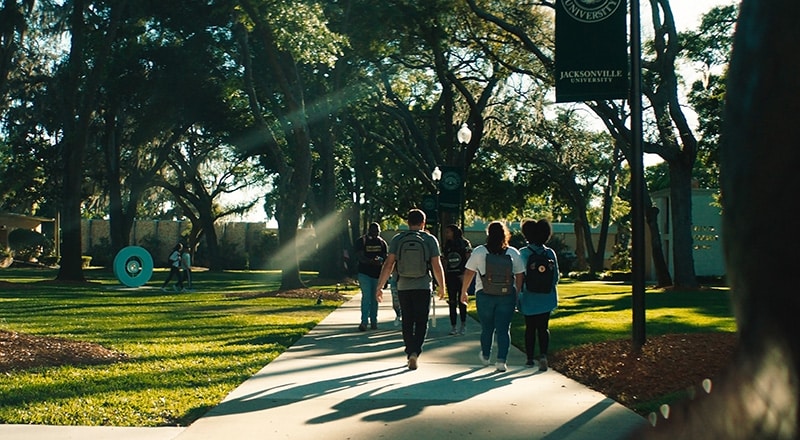Carnegie Hall: the union side
mainHere’s IATSE’s reason for blacking out opening night:

A STATEMENT REGARDING TODAYS STRIKE AT CARNEGIE HALL FROM JAMES J. CLAFFEY JR., PRESIDENT OF LOCAL ONE OF THE INTERNATIONAL ALLIANCE OF THEATRICAL STAGE EMPLOYEES:
Local One has unfortunately been left with no choice but to exercise its legal rights at Carnegie Hall after 13 months of bargaining. Carnegie Hall Corporation has spent or will spend $230 million on its ongoing studio tower renovation, but they have chosen not to appropriately employ our members as we are similarly employed throughout the rest of Carnegie Hall.
The Union has been very respectful and honorable throughout the entire bargaining process. Carnegie Hall Corporation continued for 13 months to fail to acknowledge the traditional and historic work that we perform and after no significant progress, we found it absolutely necessary to take action to protect the members that we represent.
Contrary to today’s press statement released by Carnegie Hall Corporation, Local One has never proposed the elimination of any current Carnegie Hall employees, whether Union represented or otherwise and we remain willing and always available to bargain for a successful resolve.
James J. Claffey, Jr.
President
Local One, I.A.T.S.E.





Comments